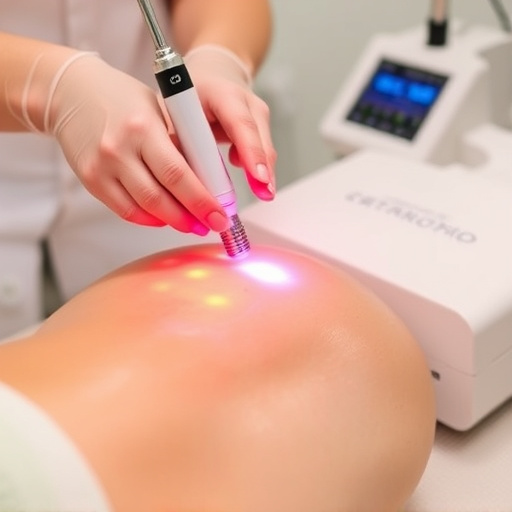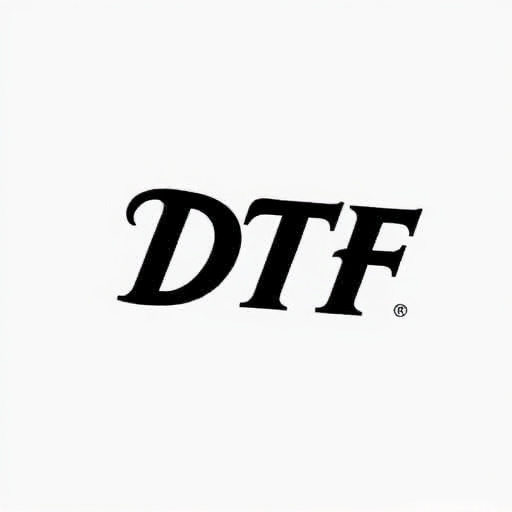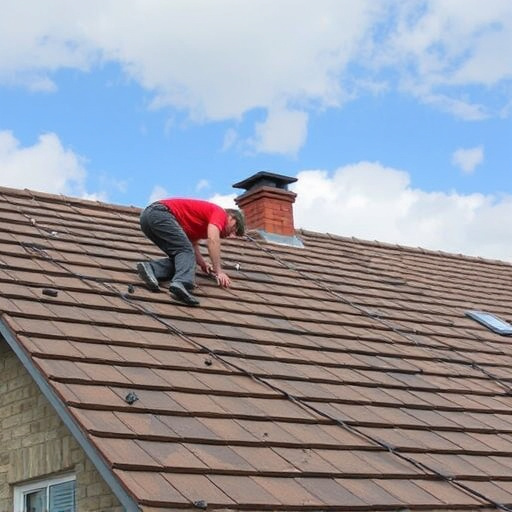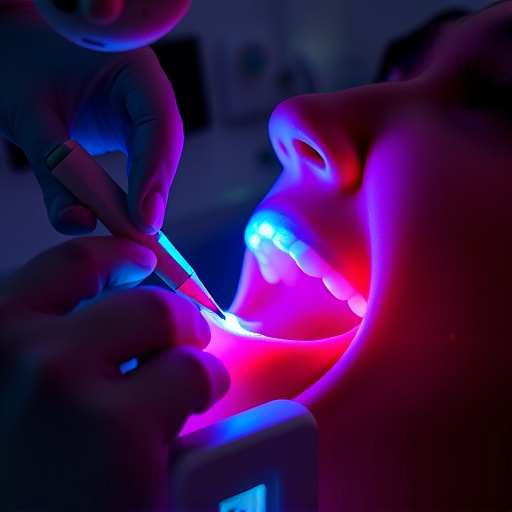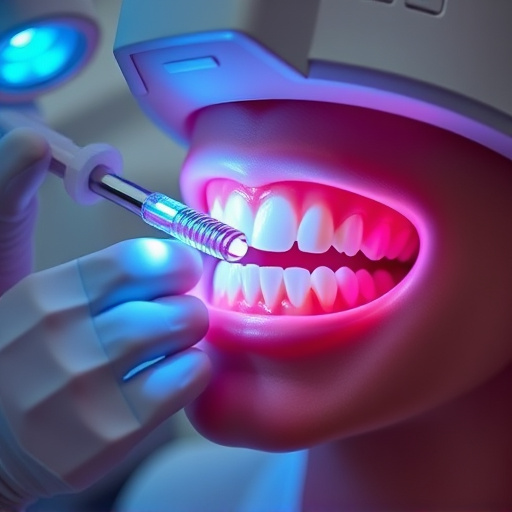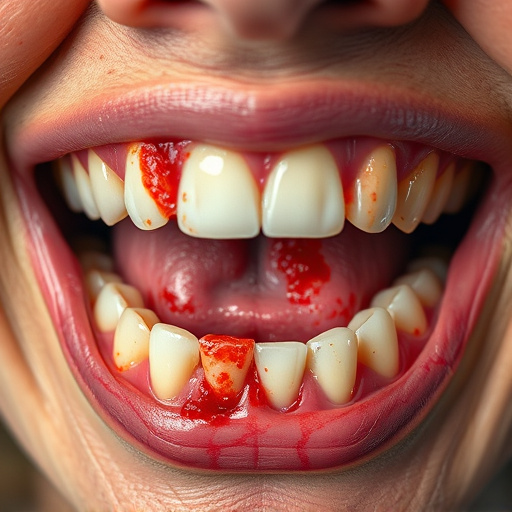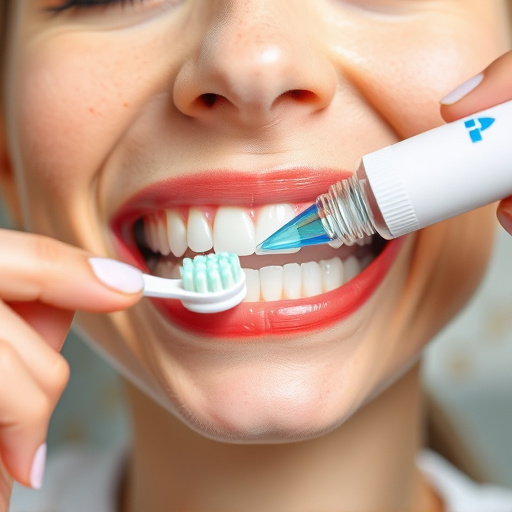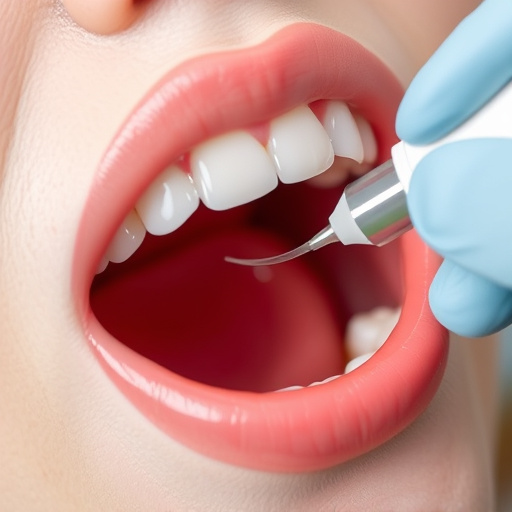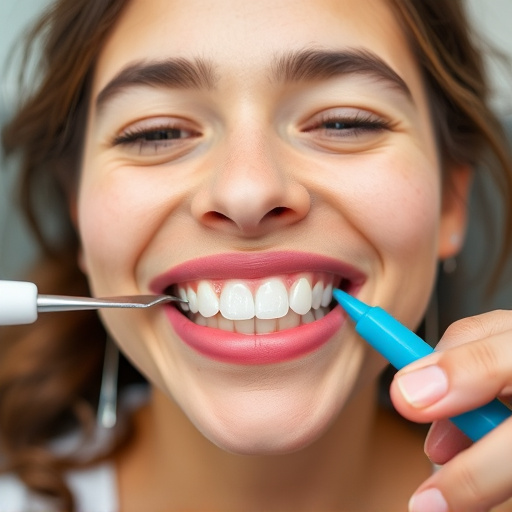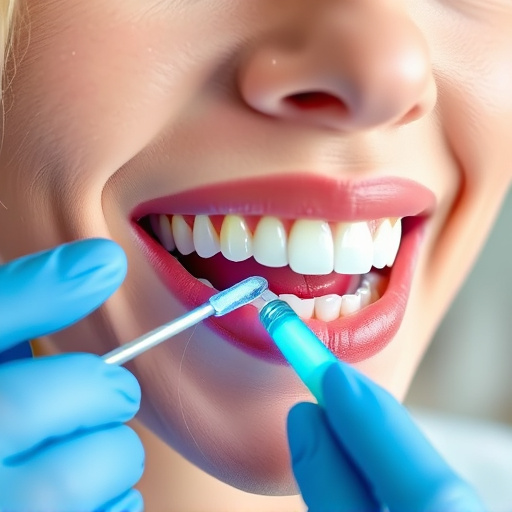TL;DR:
Aging poses significant challenges to dental health, with seniors facing increased risks of gum diseases, tooth decay, and dry mouth due to natural changes and medication side effects. Regular dental check-ups and cleanings are vital for maintaining optimal oral health. Personalized treatment plans addressing preventive measures, restorative procedures, and educational guidance cater to reduced taste and painful teeth caused by conditions like tooth decay or periodontitis. Wisdom tooth removal is common among seniors. Tailored dental care plans that consider underlying medical conditions ensure the best possible oral health for elderly adults.
Dental care for seniors is a specialized field, addressing unique oral health challenges that come with aging. This article explores the intricate world of senior dentistry, delving into understanding the specific needs of elderly adults and how their dental practices adapt. We discuss common age-related dental issues, emphasizing the importance of personalized treatment plans tailored to their changing mouths and anxieties. Additionally, we uncover strategies for promoting optimal oral health and overall well-being in later years.
- Understanding the Unique Dental Needs of Seniors
- – The impact of aging on dental health
- – Common dental issues in elderly adults
Understanding the Unique Dental Needs of Seniors
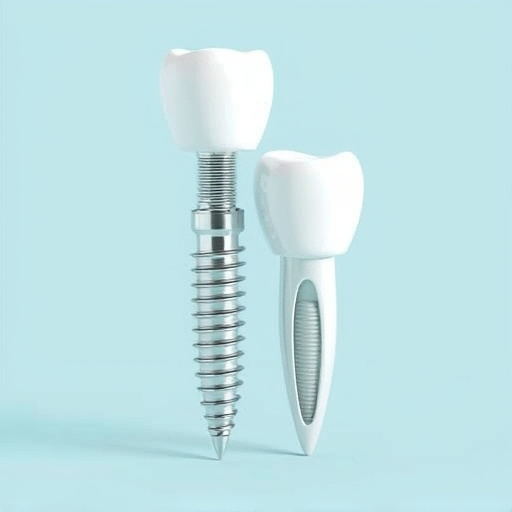
As people age, their dental needs evolve, requiring a specialized approach to maintain optimal oral health. Seniors often face unique challenges that can impact their overall dental care regimen. For instance, certain medications may cause dry mouth, increasing the risk of tooth decay and gum disease. Additionally, age-related conditions like arthritis can make brushing and flossing more difficult, necessitating adapted tools or assistance from caregivers.
Comprehensive dental care for seniors involves regular check-ups that include not just teeth cleaning (dental cleanings) but also thorough examinations to detect any signs of oral cancer, bone loss, or other age-related dental issues. Because senior citizens may have a reduced sense of taste or painful teeth due to conditions like tooth decay or periodontitis, personalized treatment plans are essential. These plans can include preventive measures, restorative procedures, and educational guidance tailored to their abilities and needs.
– The impact of aging on dental health
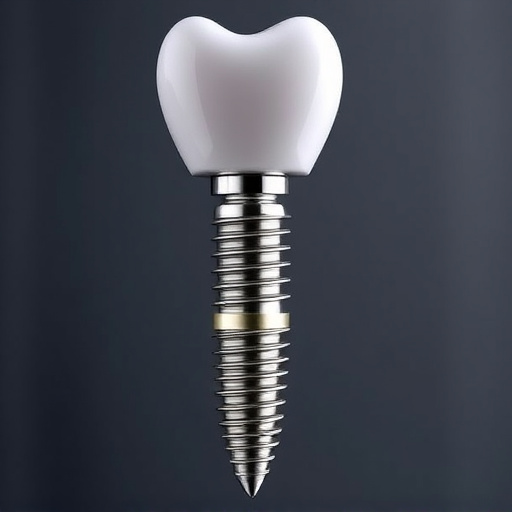
Aging significantly impacts dental health, leading to various challenges for seniors. As people age, they become more susceptible to periodontal (gum) diseases, tooth decay, and dry mouth—all of which can contribute to increased tooth loss. This is partly due to natural changes in the body’s ability to fight off infections and maintain oral moisture levels. Additionally, certain medications commonly prescribed to seniors may cause dry mouth, further raising the risk of cavities and gum disease.
Regular dental check-ups become even more critical for older adults as they age. General dentistry services play a vital role in maintaining overall oral health during this phase. From routine cleanings and X-rays to specialized treatments like tooth extractions and cosmetic fillings, these services help address age-related oral issues proactively. Senior citizens should discuss their specific concerns with their dentists to develop individualized treatment plans that cater to their unique needs.
– Common dental issues in elderly adults
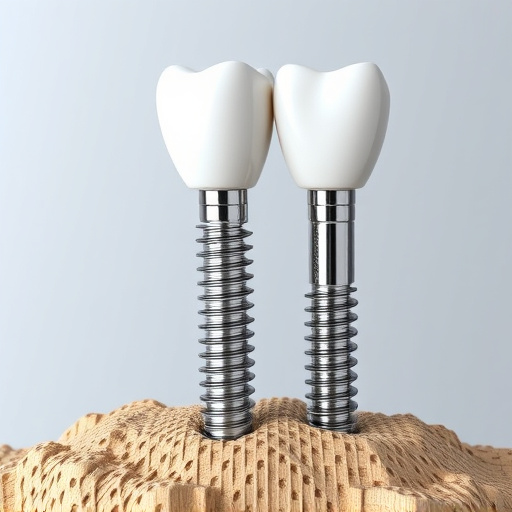
Elderly adults often face unique dental challenges as they age. Common issues include increased sensitivity, dry mouth, and tooth decay, which can be exacerbated by factors like reduced saliva production, medication side effects, and limited mobility. Periodontitis, an advanced form of gum disease, is also prevalent in seniors, leading to bleeding gums, swelling, and even tooth loss if left untreated. Additionally, wisdom tooth removal becomes more common as wisdom teeth often become impacted or cause pain, requiring specialized care tailored for the senior patient.
Regular teeth cleaning is crucial for maintaining dental health in older adults. Given that elderly individuals may have limited dexterity or mobility, professional cleanings can help remove plaque and tartar buildup that home hygiene might miss. It’s important to create a personalized dental care plan for each senior patient, addressing their specific needs and any underlying medical conditions that could impact their oral health, such as diabetes or heart disease.
As we age, our dental needs evolve, and it’s crucial to recognize that senior citizens have distinct requirements. By understanding the effects of aging on oral health and addressing common issues like tooth decay and gum disease with tailored treatment plans, we can significantly enhance the overall well-being of elderly adults. Investing in dental care for seniors is not just about maintaining a bright smile; it’s about fostering a healthier, more comfortable life.
